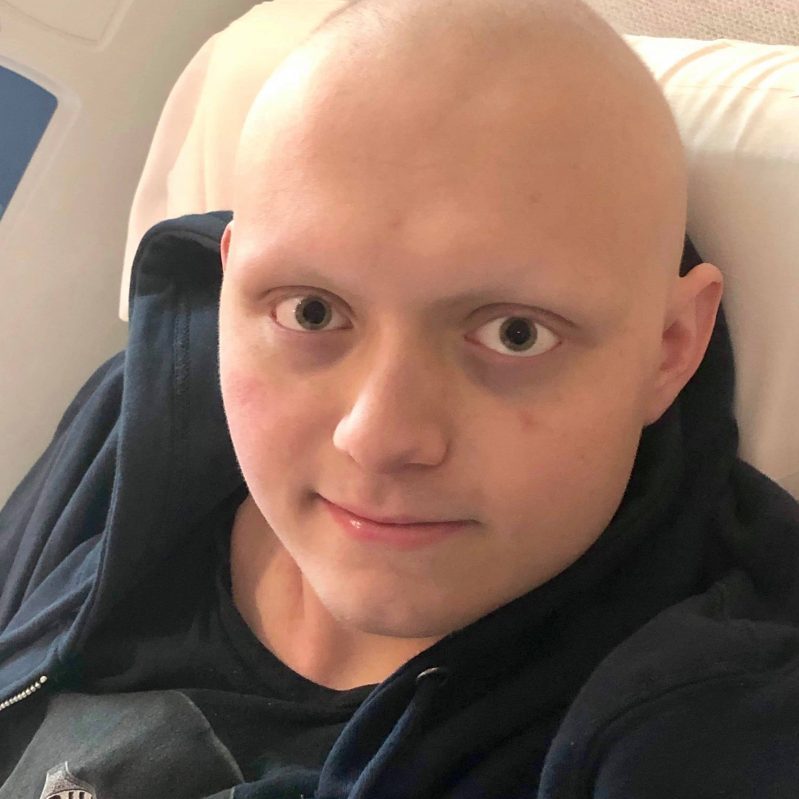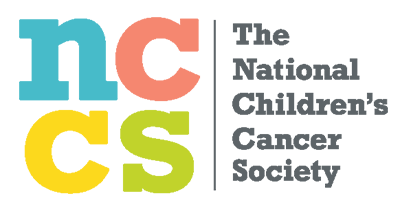Meet William – Leukemia Warrior

"When it’s your child who’s just been diagnosed with a life-threatening illness, it brings you to your knees. And mine hit the floor,” said Williams mom.
Fifteen year-old William was enjoying a weekend with his cousins when he noticed a small bruise on his foot. He didn’t think anything of it until it got progressively larger throughout the day. By the end of the night, this small bruise completely covered his foot. William showed his mother who knew something was terribly wrong and rushed him to the emergency room. When William told the doctor he was also having frequent headaches and was very tired, his doctor immediately ordered a battery of tests. It wasn’t long before the results were in. William’s doctor sat down with him and his mother, Debbie, and delivered the horrible news – he had acute myeloid leukemia. “As a nurse, I’ve delivered bad news to families before. But when it’s your child who’s just been diagnosed with a life-threatening illness, it brings you to your knees. And mine hit the floor,” said Debbie. William, who was a healthy teenager just days before, was now fighting for his life.
William was immediately thrust into life-saving treatment. After enduring five rounds of chemotherapy in less than 12 months, William was cancer-free but suffered from terrible side effects. Painful mouth sores and nausea caused him to lose a significant amount of weight and he needed a feeding tube to receive vital nutrients. Remarkably, William’s spirits remained incredibly high through it all. In addition to his own incredible strength, Debbie credits their amazing support system. Family and friends visited William regularly so he never felt lonely. The hospital also offered ways to help William through journaling, art therapy, and massage therapy.
For the first two months of treatment, William and his mother practically lived in the hospital. This meant that she was unable to work, which impacted the family’s finances immensely. Debbie spoke with their hospital social worker who referred them to the NCCS for assistance. The organization provided financial support for their treatment-related travel expenses. In addition, their case manager offered emotional support when Debbie needed it most. She also sent them our guide for young adult survivors and one specifically for parents.
“This process, this new life, has been exhausting and excruciating and terrifying and joyful for us, all at once. The memories that stand out are when I’ve seen my son, once worried he was going to die, smile with hope,” said Debbie. “Thank you so much.”
